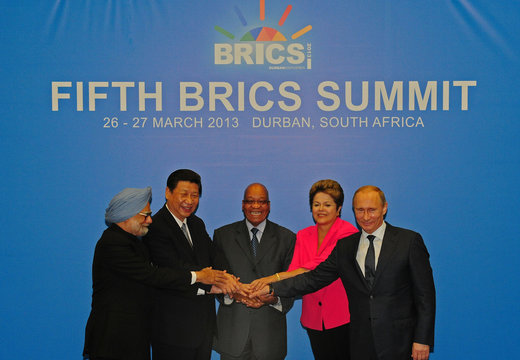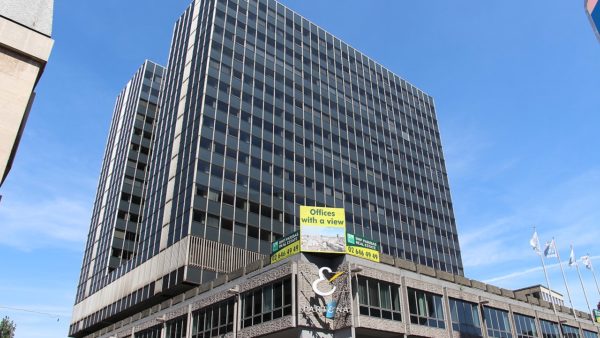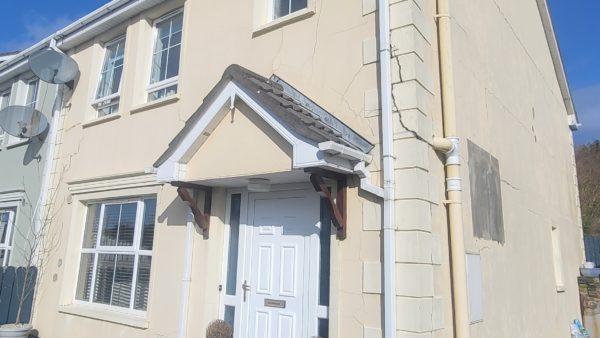Countries wary of getting burned by IMF and World Bank austerity policies would welcome an alternative.
10 April 2013
The new BRICS development bank could rival the mighty International Monetary Fund (IMF) and World Bank if it can reconcile its competing agendas, a professor of international business has said.
At their summit in South Africa last month, the leaders of the so-called BRICS nations – Brazil, Russia, India, China and South Africa – agreed to start setting up a new international bank to fund infrastructure and development projects.
The BRICS nations make up 40% of the world’s population and 17% of world trade.
Such a development bank would be attractive to countries wary of getting burned by the IMF’s and World Bank’s austerity policies, says Geoffrey Wood, professor of international business at Warwick Business School in the UK.
“The aftermath of the Asian financial crisis saw a number of countries in Asia, and Russia as well, stockpiling foreign exchange reserves precisely so they did not have to make recourse to the IMF or World Bank again,” he said.
“The BRICS development bank will be extremely attractive to many developing countries who have had their fingers burned through engaging with the World Bank and the IMF.”
While details of how the BRICS bank is governed and how it will operate remain unclear, Prof Wood said the bank would have access to a huge and growing market, though the power struggle between the nations involved could lead to difficulties.

BRICS leaders at last month’s summit in Durban. From left, Manmohan Singh, Xi Jinping, Jacob Zuma, Dilma Rousseff and Vladimir Putin.
“China holds vast foreign exchange reserves and is likely to be, in some manner or other, the dominant player in the BRICS bank,” said Prof Wood.
“As the weakest BRICS member, South Africa has perhaps most to gain from establishing the bank, although all may gain from the international clout the new body may confer.
“South Africa is the smallest BRICS member and has become increasingly reliant on minerals exports, which provide volatile revenue streams and, ultimately are a depleting resource.
“South Africa could be faced by a balance of payments crisis in the future, and the BRICS bank could potentially be a lifeline for it.”
Pan-African view
During the summit, South African President President Jacob Zuma said the BRICS alliance can help forge a new funding model for Africa in which projects spanning a number of countries are favoured for finance.
Mr Zuma said a key constraint to funding infrastructure in Africa is that development banks tend to fund projects in single countries, rather than those spread across countries.
Numerous road, rail and power developments planned or underway in Africa cross national borders.
“The BRICS process could lead to a funding model that promotes more multi-country projects and accelerates the pace of regional integration,” Mr Zuma said, adding that it could also play a critical role in bringing projects to “bankability” by providing technical expertise and funding for project preparation.
“It is up to Africa to ensure that these opportunities are fully utilised and that this dawn leads to the continent truly becoming the next global growth centre.”






